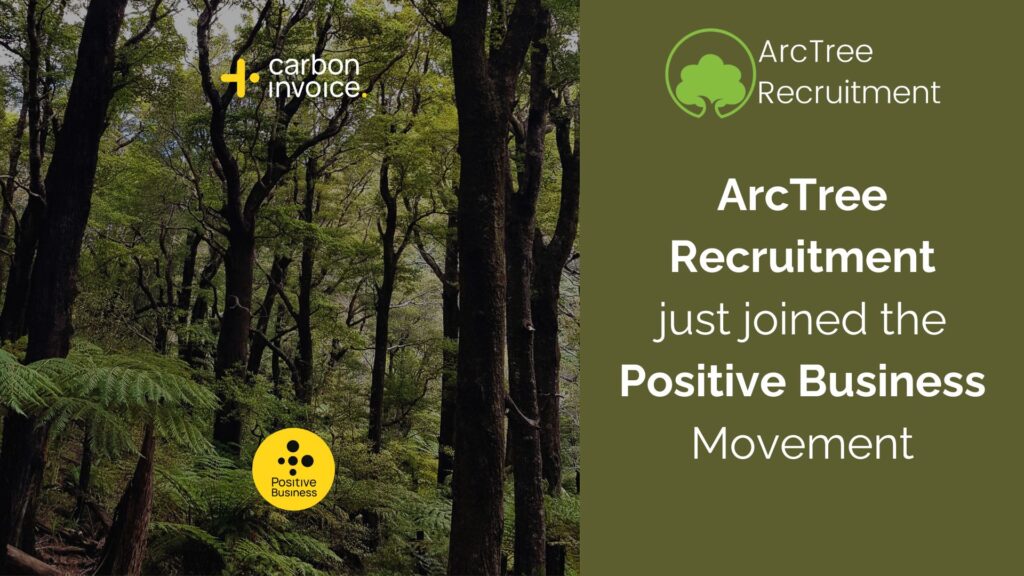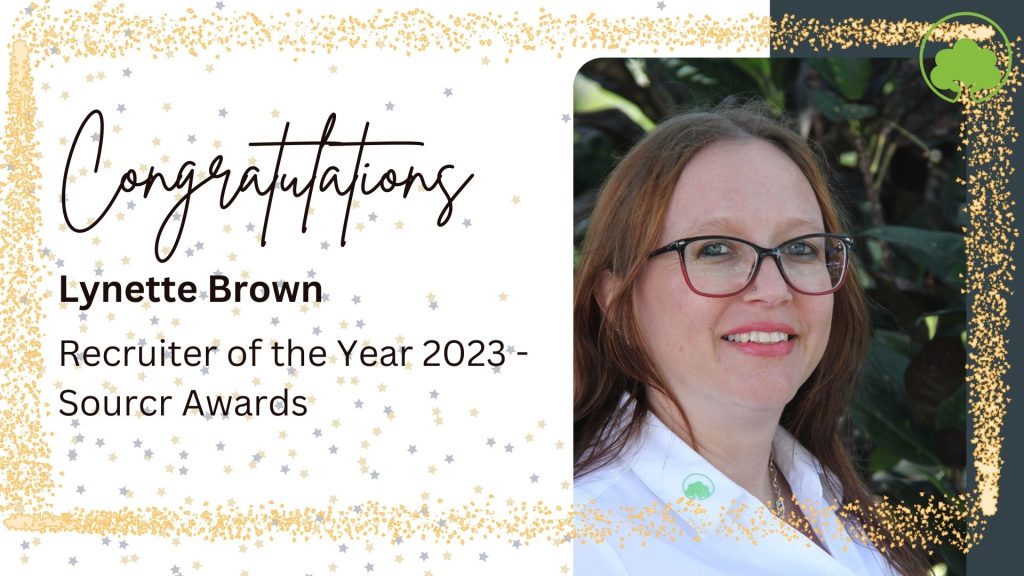Picture this: you’re a salesperson back in the pre-internet days. You spend your time sitting in front of the yellow pages and dialing your way through businesses that could… just maybe… be interested in your product or service. Or you could be wandering around an unknown neighbourhood, knocking on doors and hoping someone will at least listen to you for a few minutes before slamming the door in your face.
You’re working blind. You know nothing about the people you’re trying to sell to. Your best – and often only – hope is to get better at being a salesperson. That means learning from experience and learning more about your prospects: their business, the market they operate in, what their competitors are up to, and the things that keep them awake at night. And most importantly, how your products can actually help them solve some of those problems.
Eventually, you might also come to understand what works and what doesn’t: how to open a conversation with different people, how to build relationships and gain trust, how to find out more about them, and how to address common objections. You also grow more confident in your knowledge and understanding of the product you’re selling.
Hopefully, all of this will be enough to help you gain one or two sales out of every hundred or so calls you make.
‘Cold’ calling today: the Zombie approach
These days, there are still a lot of people doing it wrong. Last month alone, I had over 20 unique calls from what I can only assume were local or foreign cold calling centres. I didn’t recognise the number so didn’t answer. They didn’t leave a message. I called them back and either heard a generic, garbled recorded message, or no-one answered.
That’s bad cold calling. I don’t know what their success rate is, but quite frankly, it puts me off that company and their products. They’re clearly not interested in their customers and helping them solve their problems: they just want to annoy as many people as possible in the hope that if they hammer away at enough people, some of them will eventually submit.
They’re often hiring cheap labour, who I imagine sitting in a warehouse-sized call centre and having to clock out just to use the toilet. They might even have bad eighties motivational posters on the wall and a supervisor walking around with a big stick, ready to punish anyone who doesn’t follow the script.
Okay, it might not be that bad. But that’s the impression I get from these types of calls. They’re made by zombies who don’t have much free will, and I’m not speaking to a real human being who genuinely cares about my business.
But does this mean cold calling is dead? I don’t think so.
That type of cold calling is – in my opinion – dead. If it’s not, it should be.
It encompasses some of the reasons people often use when arguing for the death of cold calling:
- People won’t answer calls from numbers they don’t recognise
- People don’t want to be ‘sold to’
- It’s hounding people who aren’t interested.
Other reasons, not necessarily confined to the zombie call centre type of cold calling, can be:
- It takes too long to get results
- People prefer to do their own research and take things at their own pace. They’ll contact us if they’re ready
- People prefer online marketing/sales than a phone call.
I disagree with most of these. Why? Let’s look at them one by one.
People won’t answer calls from numbers they don’t recognise
Maybe not. Some will though. And if you leave a friendly, conversational message that focuses on how you might be able to help them, they may even be more receptive when you call them again.
People don’t want to be ‘sold to’
No, they usually don’t, if they think someone is trying to railroad them into something that’s not in their best interests. But, if we actually take the time to learn about and understand the person, their business, their industry and competitors, we might just be able to help them solve a problem that’s important to them.
It’s hounding people who aren’t interested
The way I see it, it’s only hounding people if they make it clear they aren’t interested and we keep persisting. Either they didn’t see how our product or service could help them, or they’re not in the market. They might be interested in subscribing to your newsletter or following you on LinkedIn. Or it could just be a dead end. Over time, you learn how to tell the difference.
It takes too long to get results
This one is often touted by organisations who sell email or social marketing tools and want to promote them over more traditional methods. Sure, it’s fast and easy to send an email to thousands of people and this approach will hopefully net you some sales over time. But it’s shortsighted to focus on just one technique: we need to use all of the tools in our kit bag, which include email, social, content, and good old phone conversations.
People prefer to do their own research and take things at their own pace. They’ll contact us if they’re ready
Maybe they will… and maybe (more likely) they won’t. And if they’re contacting you, they’re highly likely to contact your competitors too. They don’t know anything about you other than what your online presence (and maybe some of your email, social and content marketing) tells them.
People prefer online marketing/sales than a phone call.
None of these approaches replaces a genuine human relationship based on trust, and in many industries people are much more likely to make a purchase from someone they know and like, who they feel ‘gets’ their business, than a website.
Say goodbye to the zombie approach and pick up the phone
I firmly believe that cold calling has a vital role to play in today’s marketplace. As a person who prefers to speak to someone in person and get to know them and their product, and feel that they have my best interests at heart, a phone call is much more likely to get my attention. Unless, of course, it’s a zombie phone call.
It also needs to work alongside all of your marketing efforts. If people already know who you are and what you do and are interacting with your content, cold calling becomes warm calling and the odds improve significantly. We just need to know our stuff and our customers, and pick up the phone.











